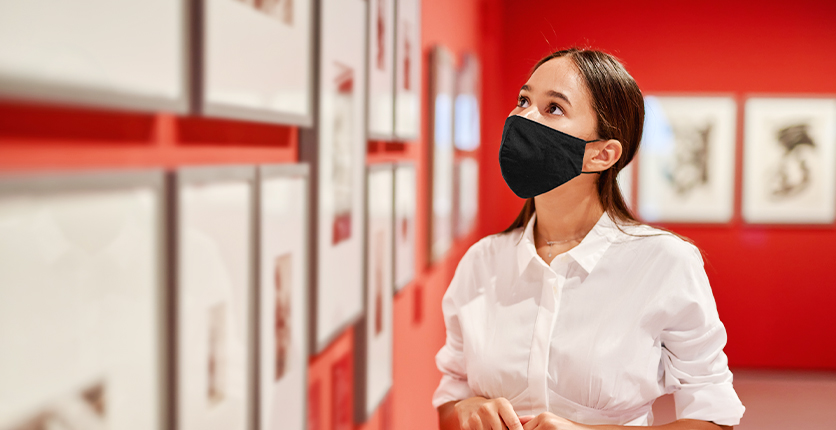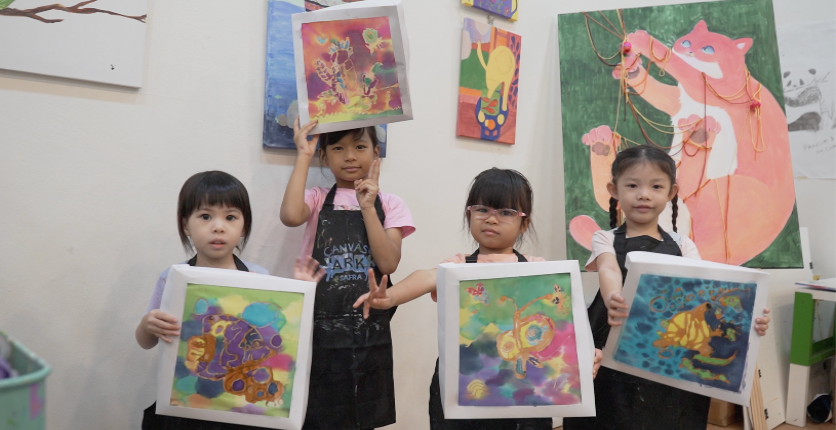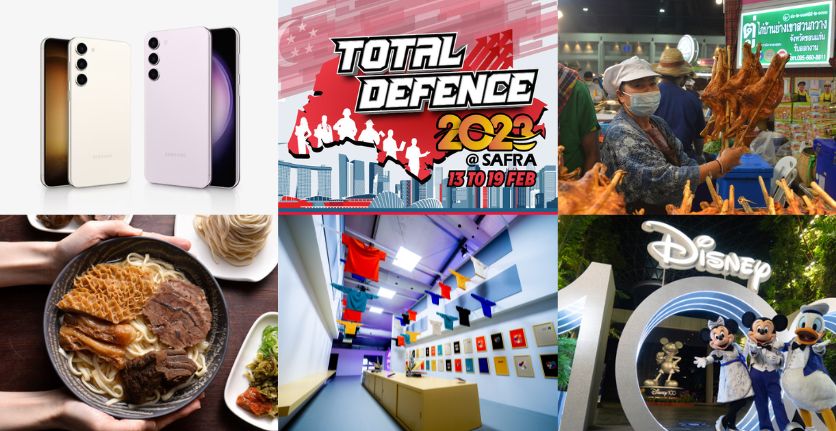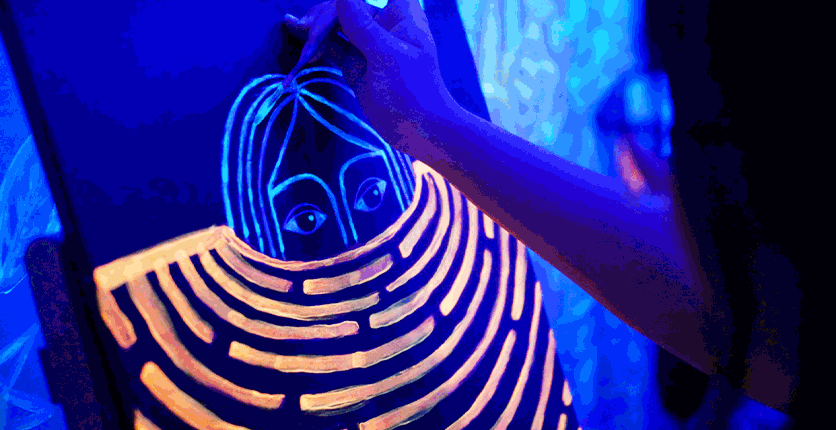Have you always admired works of art and wanted them to beautify your home, but are not sure where to start? We speak to Jazz Chong, owner of the Ode to Art gallery and art consultancy on why you should collect art, how to start your collection and where to get your pieces.

Q: Why should I collect art?
Jazz: There are many reasons to buy and collect art. Some may collect art to decorate their space whether it is their homes or offices while there are collectors who do so based on their emotional connection to the piece. Some people also collect art as an investment. It is important to find an artist that speaks to you in a personal way and I am a firm believer in buying art that you love.

Q: Before I begin, what should I keep in mind or plan?
Jazz: Something to keep in mind would definitely be researching artists and their work to have an idea of what speaks to you on a personal level. Read about the artists, watch their interviews if possible to find out more about the artist’s background and creative process. People often think that to collect art, one has to be very well versed in art, or has to have a degree in art history, but this is not the truth. Artworks can be collected by anyone, regardless of educational background or experience; all you need is an open mind.
Q: Where should I start looking for art to purchase?
Jazz: It is important to visit museums to familiarise yourself with what you truly enjoy and develop your own specific taste before purchasing art. There are many art galleries in Singapore with different genres. Expose yourself to a variety of artworks to understand their cultural influence. Art fairs and exhibitions are great environments for connecting with fellow art lovers. Browsing online is another option, as the Internet provides information readily these days. People from all over the world are increasingly looking to collect art from cultures that are different from theirs so always keep an open mind.
Q: How do I know a work is authentic?
Jazz: The most common method to determine authenticity is a certificate of authenticity, whether directly from the artist or from the gallery you have purchased from. Purchasing from a well-recognised and reputable source is definitely something I would advise.

Q: How is art valued?
Jazz: There is no perfect way to determine the value of a work of art. A variety of factors can determine how an artwork is valued. How long has the artist been working and to what success? What galleries represent that artist and how recognised are they? Is the artwork an original or a reproduction? These are some of the many questions asked when valuing art. The commercial value of art is based on collective intentionality. Simply put, how much is a collector going to want a piece of art and how much are they willing to pay to acquire it?

Q: What kind of art would increase most in value?
Jazz: You never know for sure. The art will have to have originality, be interesting and grab the viewers’ attention for galleries, collectors and even art critics to take notice. Their opinions can greatly sway approval on an artwork. Other factors include condition of the work, popularity of artist, the subject matter as well as medium used by the artist. Understanding how value is determined in the art market is also important in assessing the factors to consider when it comes to valuing a piece of art for purchase.

Q: Who are some up and coming local artists I can consider?
Jazz: For now, we represent more mid-career to established local artists like Lim Tze Peng and Hong Zhu An. I always feel great pride in our local art scene and take great pleasure in seeing more local artists being collected.

Q: How do I take care of my pieces?
Jazz: Avoid direct sunlight and humidity. With that being said, also be sure to display your pieces in areas where they will not be at risk of damage. A common misconception is that it is very hard to maintain an artwork. However, this truly depends on the specific work; some are easier to maintain, while some may take more effort. When clients come to me, I am always happy to offer them advice and tips on the best hassle-free ways that they can maintain their art.
Q: Is it worth getting insurance for my artwork?
Jazz: When a collection is of great value, it can be important to insure your art. Art is of a unique nature and cannot be replaced, therefore protection of its value is worth considering.

Q: Does paying more for an artwork mean that the quality is better and therefore the chance of price appreciation is higher?
Jazz: There are a variety of other reasons why art can appreciate in value. People commonly assume that all artworks are expensive and can only be collected by those with deep pockets, but collecting young, emerging artists can be quite affordable, enjoyable and may end up to be a good investment.

Q: NFTs have been hitting the headlines recently. Can you explain a little on what NFTs are and the difference between them and conventional art pieces?
Jazz: NFT stands for non-fungible token. NFTS are considered unique and cannot be replaced or traded with something else so in a sense they represent ownership of unique items, encrypted with an artist’s signature that prove authenticity as well. NFTs in the art world comprise mainly digital art which is quite different from conventional art pieces that we more commonly know – paintings, sculptures, or installation art which can be seen in person.
NFTs are becoming more popular and allow for a unique way to own a piece of art and with the amount of interest in them, they are something that are definitely worth exploring.
Want more expert articles like this, and other lifestyle content right in your inbox? Sign up for the eNSman Newsletter – you don’t need to be a SAFRA member to subscribe – and never miss another story!











